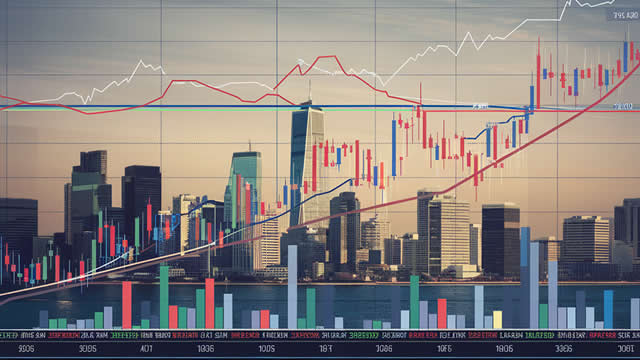German Economy Shows Signs of Downturn
What the Latest PMI Data Reveals
Prior to the release of the latest Purchasing Managers’ Index (PMI) data, expectations were already subdued for the German economy. The actual numbers did little to alleviate concerns, as the services PMI came in at 47.6, below the expected 49.5, and the composite PMI stood at 47.1, lower than the forecasted 47.8. This data suggests that the German economy is facing challenges across both the services and manufacturing sectors.
Insights and Analysis
The latest PMI data for Germany mirrors a similar trend seen in France, where the manufacturing index outperformed expectations while the services index fell short. This mixed picture indicates a broader weakness in the Eurozone economy, with Germany – as its largest economy – playing a significant role.
One key concern highlighted in the data is the stubborn price pressures, particularly in the services sector. This could complicate the European Central Bank’s (ECB) efforts to manage rate expectations in the coming months, as they strive to support economic growth while also ensuring price stability.
Implications for Individuals
For individuals in Germany, the downturn in the economy could mean slower job growth, reduced consumer spending, and potentially higher prices for goods and services. This may lead to a more challenging financial environment for many households, requiring careful budgeting and planning for the future.
Global Impact
Internationally, the weakening German economy could have ripple effects across the world. Germany is a major exporter and a key player in the global supply chain, so a slowdown in its economy could dampen demand for goods and services from other countries. This could potentially contribute to a broader economic slowdown at a global level, affecting trade, investment, and overall growth prospects.
Conclusion
The latest PMI data for Germany paints a worrying picture of an economy facing multiple headwinds. As price pressures persist and growth falters, individuals and businesses alike will need to navigate a challenging economic landscape. The implications of these developments extend beyond Germany’s borders, highlighting the interconnectedness of the global economy and the potential impact of one country’s economic woes on the world stage.





